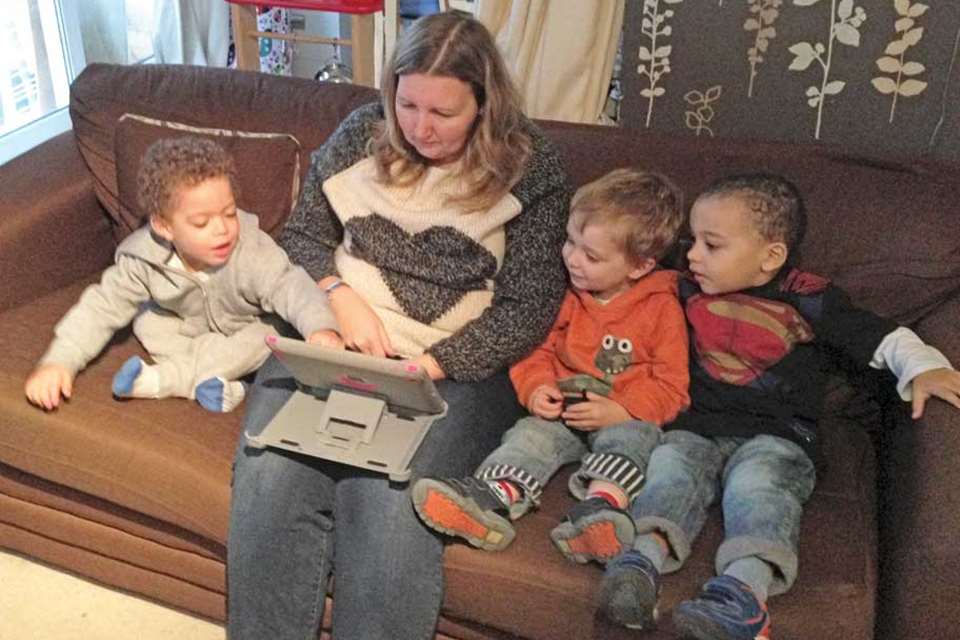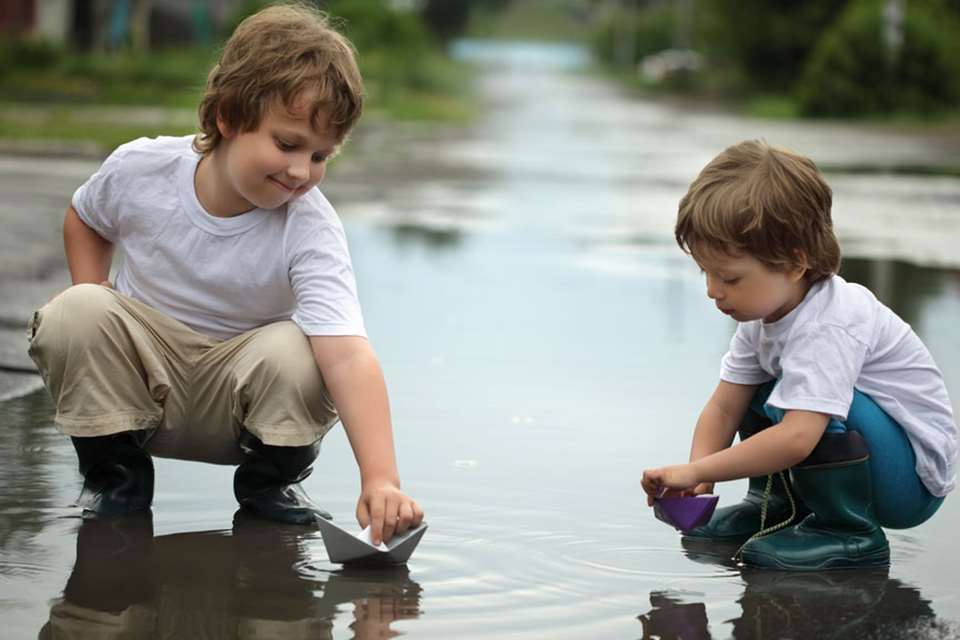Online activity makes children happier, poll finds
Thursday, August 28, 2014
English children are ranked ninth of 11 countries for wellbeing, according to a new report.

Contrary to popular perception, more time spent in front of a computer screen makes children happier, in addition to more predictable influences on wellbeing, such as strong friendships, parental support and higher household income.
The Good Childhood Report, published today by the Children’s Society, found that England lags behind countries including Romania, Algeria and Brazil, coming ahead only of South Korea and Uganda in a survey of 16,000 children in a sample of 11 countries around the world.
England was ranked 30th out of 39 countries in a separate analysis of Europe and North America and lower than Wales (24th) and Scotland (29th).
The report measures ‘subjective wellbeing’, asking children to evaluate on a scale how happy they are on a day-to-day basis (‘happiness’) and how satisfied they are with their lives as a whole (‘life satisfaction’).
The report found no evidence of a negative association between the use of computer technology and wellbeing. Although children who were more active generally had better wellbeing, children who said they never used the internet outside school had lower overall wellbeing than those who used it frequently.
The 3,000 English children polled were particularly concerned about their appearance, with almost one in eight children and almost one in five girls saying they are unhappy with the way they look. Only children in South Korea fared worse.
However, children in England are more positive about ‘friends’, ‘home’ and ‘money and possessions’, ranking sixth of the 11 countries surveyed.
Of the children surveyed, all of whom were aged between eight and 15, those who felt poorer were twice as likely to say they were unhappy and almost three times more likely to say they had low life satisfaction than those who felt they had about the same household income as their peers.
The report also provided evidence of an association between parenting and children’s wellbeing. Young people aged between 14 and 15 whose parents more frequently provided emotional, physical and educational support tended to have higher levels of subjective wellbeing.
In line with last year's research, the findings suggest that around 500,000 children in the UK are unhappy.
Children’s Society chief executive Matthew Reed said, 'Childhood is a happy time for the vast majority in this country. But we can’t shut our eyes and ears to the half a million children who say they are unhappy and dissatisfied with their lives. This new report lifts the lid on the fact that we’re lagging behind so many other countries, including developing nations.
'This research can't be dismissed as being about “grumpy kids”. Children with low wellbeing are more likely to experience serious issues, such as poor outcomes related to school, family and their health.
'Children are telling us that they’re unhappy about their future and how they look, as well as the things that make them happier, like being active, having strong friendships and going online. It’s crucial that all of us – from policy makers to parents and teachers - listen very closely to what they have to say.'
The research forms the third in a series of annual reports the society has produced as part of a nine-year programme of research involving around 50,000 children, carried out in partnership with the University of York.







